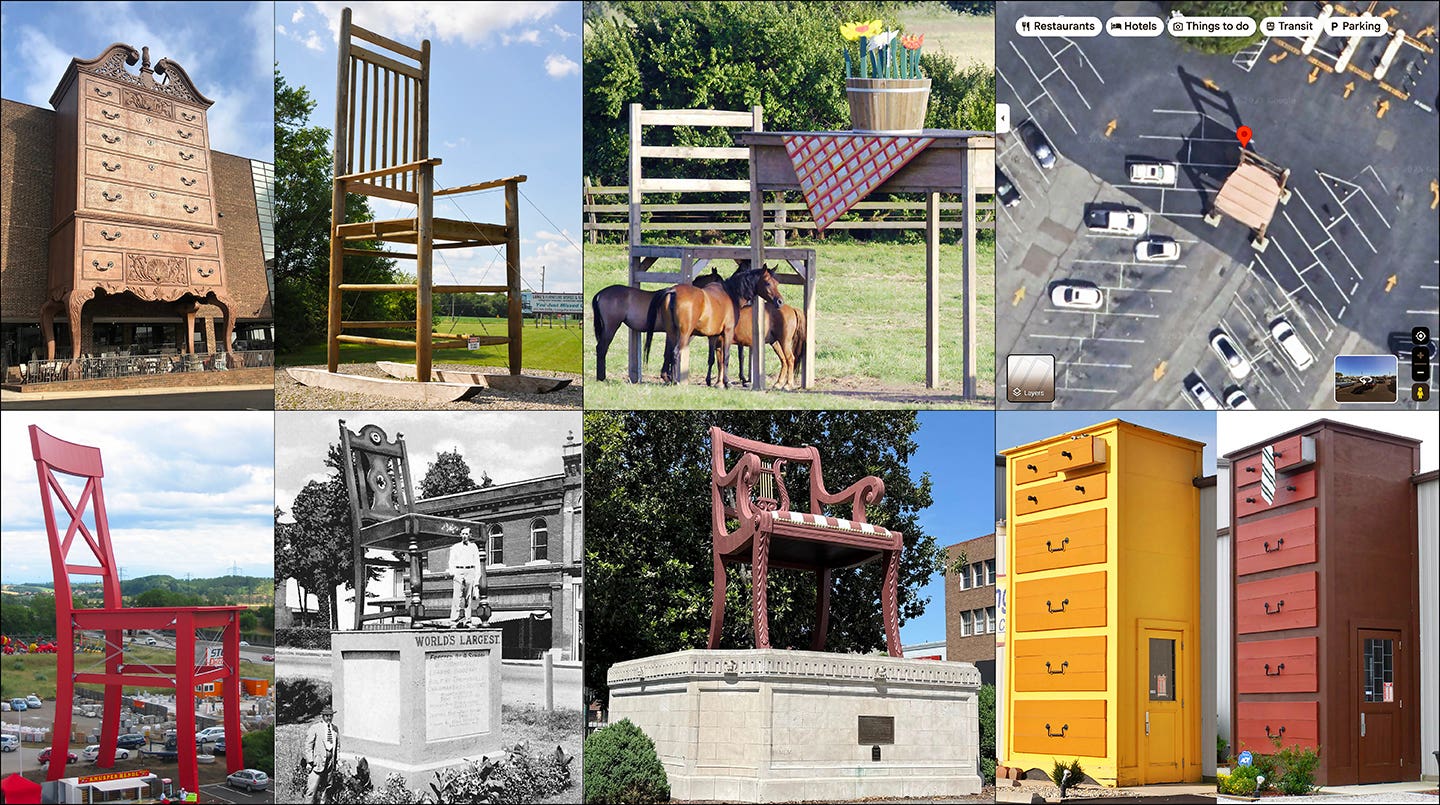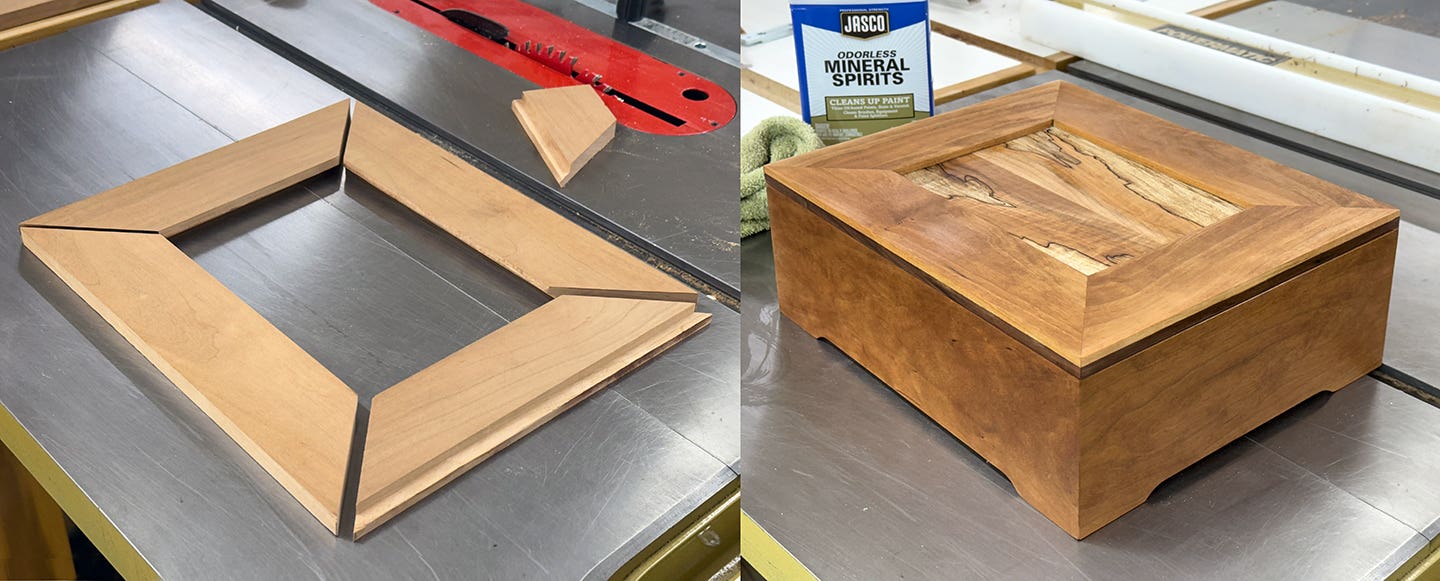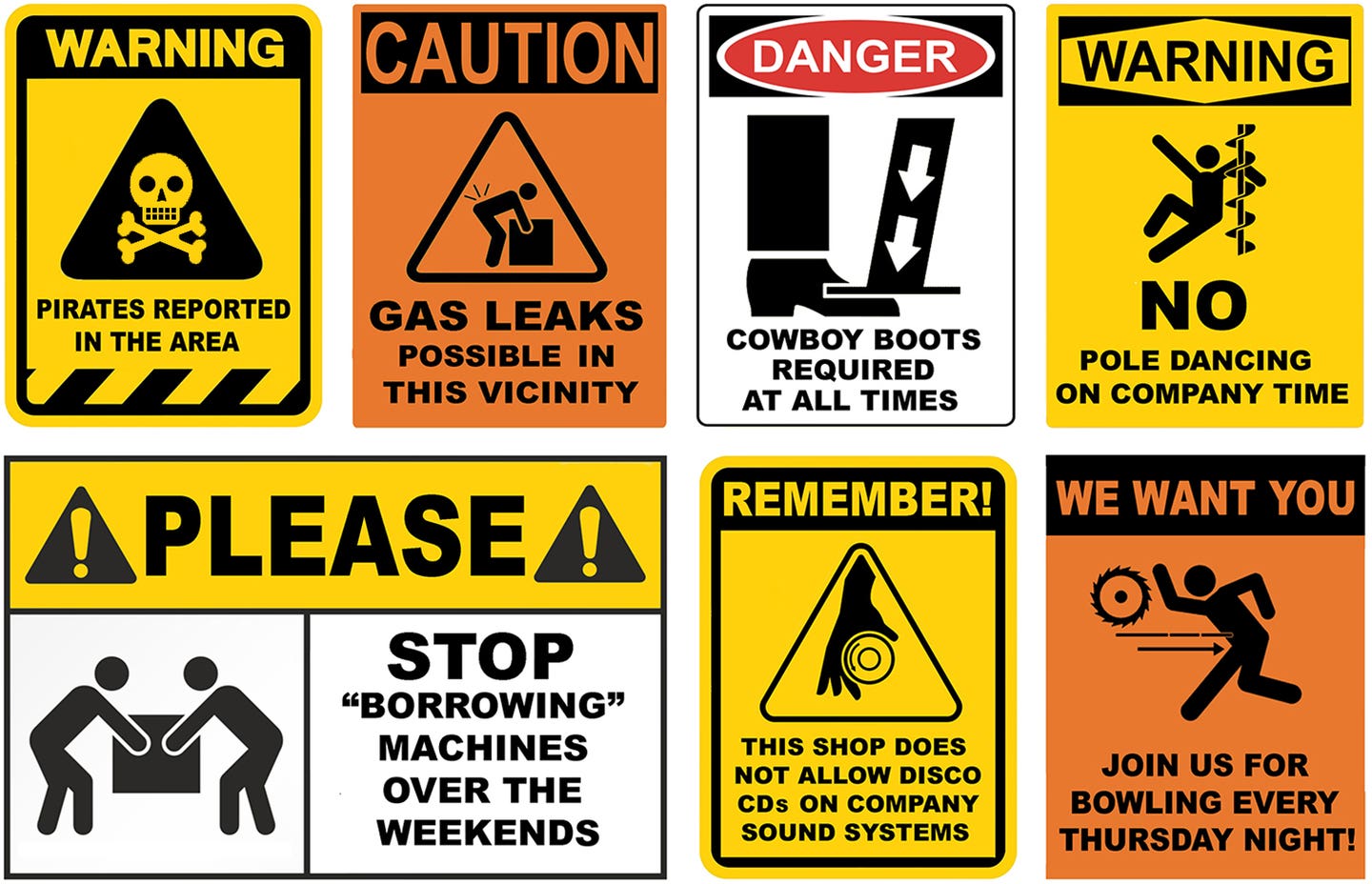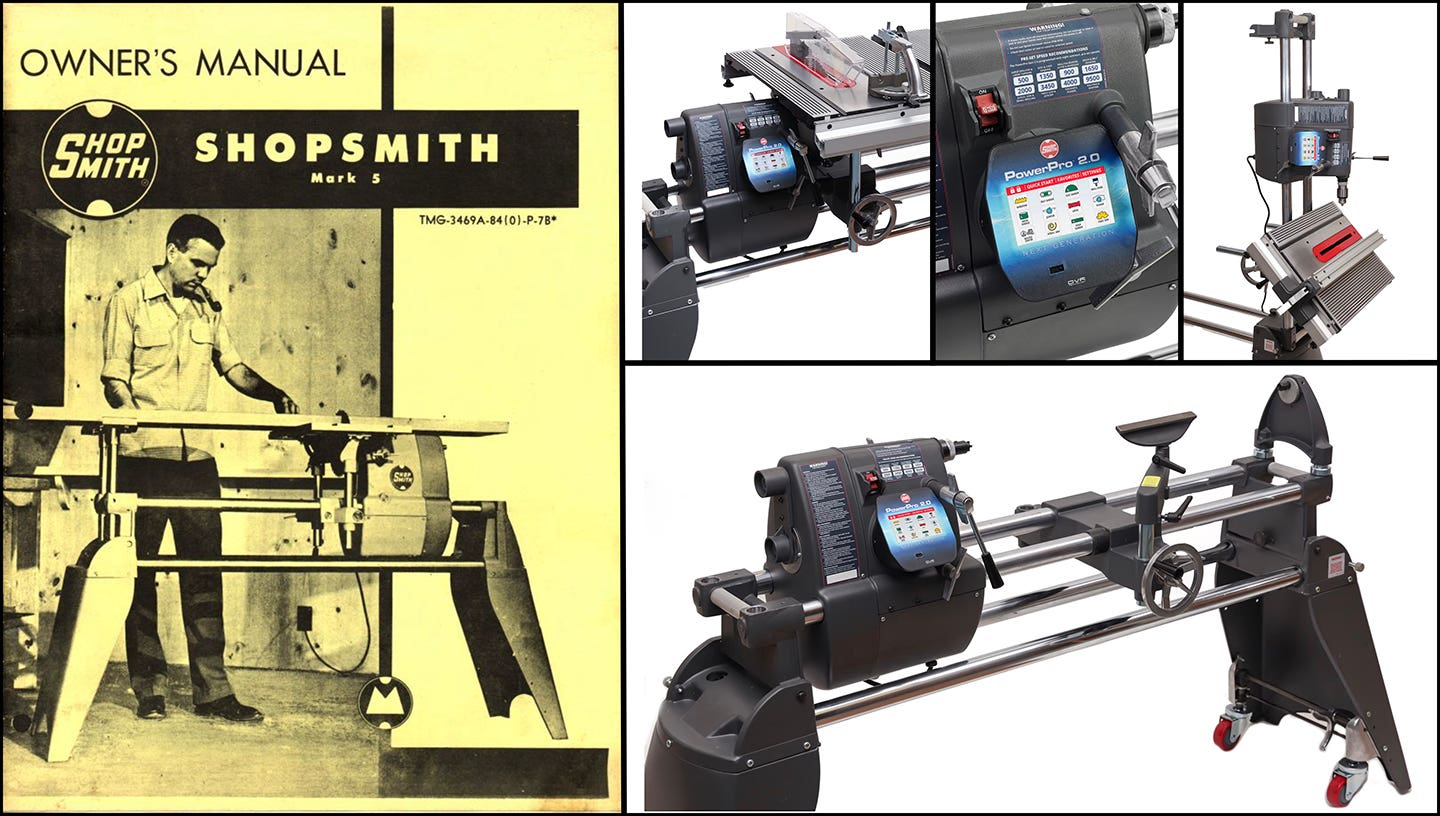Keeping it under wraps
Much of what we do in the shop every day falls in to the category of common knowledge. We cut and join and assemble and finish. Most of the techniques…
Much of what we do in the shop every day falls in to the category of common knowledge. We cut and join and assemble and finish. Most of the techniques we use in doing these things are no secret. The how is available to anyone who is interesting in finding it.
On the other hand, we all have processes and techniques we have developed that are not so well known. Often, these are things that might give us an edge in the marketplace. There is a need to protect this ‘intellectual property’. Often, when we are asked, “how do you do that?” We respond with a purposely vague answer. We don’t want to offend but, at the same time, we don’t want to reveal what we regard as proprietary.
Where we can run into problems is when we hire people to work for us. These people must, by necessity, be made aware of processes that we might not want to make public. There is little to stop an employee from moving on and taking this knowledge with them to another shop or even to their own startup shop.
It is a common practice to enforce a non-disclosure policy, requiring employees to sign agreements to the effect that they will not exploit our intellectual property for their own gain. But, for a small business, this is difficult to enforce. Once an employee leaves and takes this intellectual property with them, it falls into the prevue of lawyers and courts if the information is misused. The cost of this enforcement can be so great as to make it impossible for a small business to carry the extra burden. It is possible to have employees sign non compete and non disclosure agreements which can help in preventing them at least from taking the subject lightly. But these still need to be enforced once the employee departs.
D.D.
David DeCristoforo possesses an extensive resume as designer/maker of fine furniture, high-end cabinetry and architectural woodwork. His experience in professional woodworking spans a period of 35 years. For the past 20 years David DeCristoforo Design has been located in Woodland, California. During this time David's shop has ranged in scope from a "full on" cabinet production shop with as many as 15 employees to a small fine furniture and custom millwork shop, working with his son, David RBJ, a highly skilled maker in his own right.







